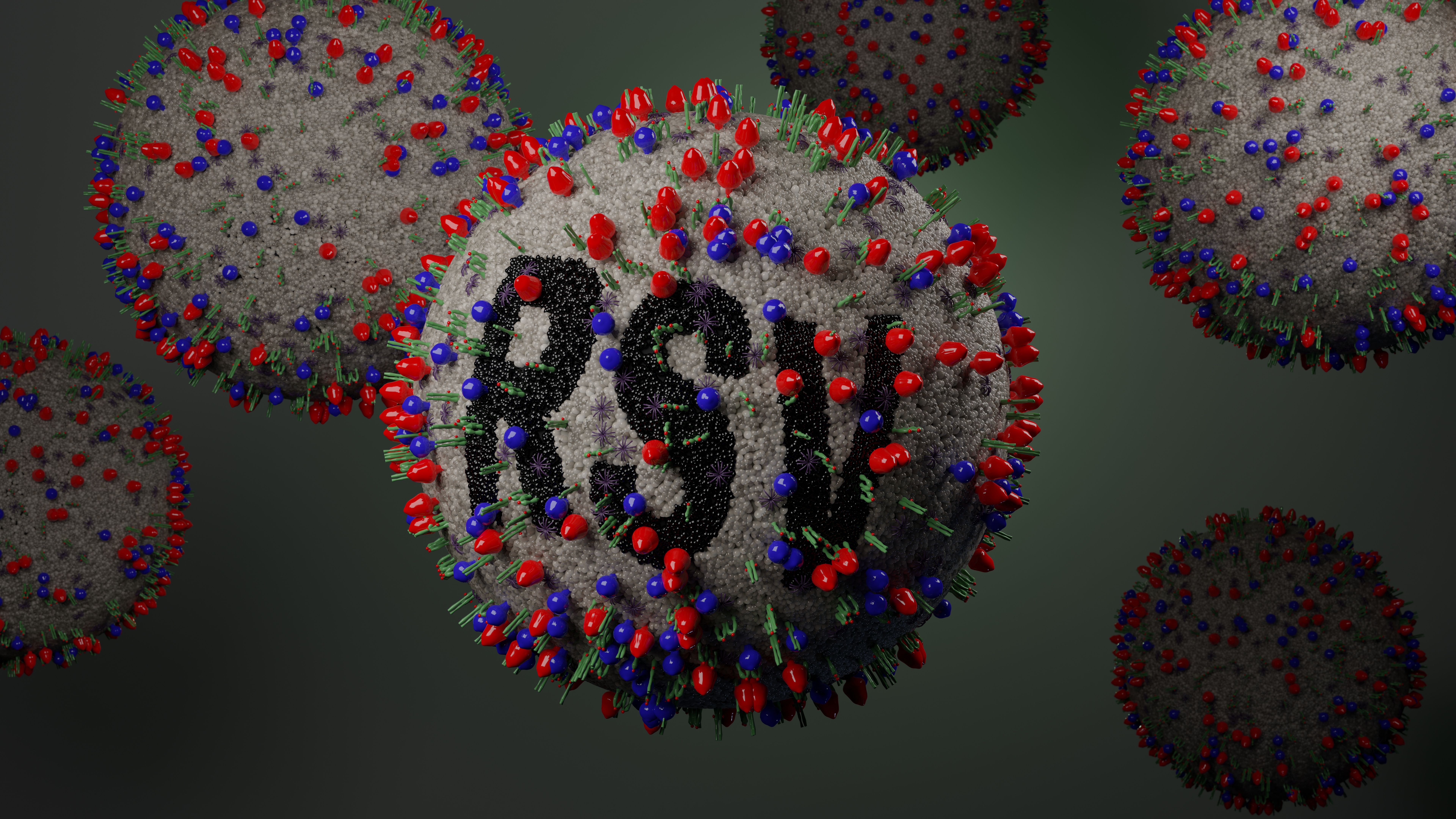Zelicapavir demonstrates antiviral effect in phase 2 RSV study
Zelicapavir demonstrated a favorable safety profile and was well-tolerated. The N-protein inhibitor has been granted Fast Track Designation by the FDA.
Zelicapavir demonstrates antiviral effect in phase 2 RSV study | Image Credit: © Peter Hansen - © Peter Hansen - stock.adobe.com.

Positive, topline phase 2 trial results for zelicapavir in hospitalized and non-hospitalized children with respiratory syncytial virus (RSV) aged 28 days to 36 months have been announced in a press release from Enanta Pharmaceuticals.
Zelicapavir, which has been granted Fast Track Designation by the FDA, is a N-protein inhibitor in development to treat RSV infection, and is a nanomolar inhibitor of both RSV-A and RSV-B.
In a phase 2 randomized, double-blind, dose ranging, and placebo-controlled study, the primary objective in part 1 of the trial was the evaluation of safety and pharmacokinetics of zelicapavir and to determine an optimal dose for part 2.
"The primary objective of Part 2 of the study was to evaluate the antiviral activity of zelicapavir, with assessment of symptom severity as an exploratory objective," stated Enanta Pharmaceuticals in a press release. "Because exposure was similar across all cohorts and doses, and all patients received a therapeutic dose, primary efficacy analyses were able to be performed across all dosed patients from Parts 1 and 2," the company said.
A total of 70 patients received zelicapavir and 26 received placebo. In part 1 of the study, which evaluated multiple doses, individuals were treated with zelicapavir (n = 36) or placebo (n = 16) once-daily (QD) for 5 days.
Part 2 consisted of 34 patients who received the selected dose of zelicapavir and 10 who received placebo QD for 5 days.
Results demonstrated a favorable safety profile across the initial 5-day dosing period, which was maintained through 23 days of follow-up. According to the pharmaceutical company, adverse events were similar between treatment groups, with no adverse events leading to treatment discontinuation or withdrawal from the study.
"An antiviral effect was observed for the primary and secondary virology endpoints in the overall pooled efficacy population, with the viral load decline peaking at 0.7 log on Day 9 compared to placebo," stated Enanta.
In part 2 of the study, there was a viral load decline of 1.0 log at day 4 and 1.4 log at day 5 compared to placebo. "Additionally, a rapid and robust antiviral effect was observed in the prespecified subset of patients who were randomized within 3 days of symptom onset, which represents about 40% of patients in the study (n=38/96)," stated the company.
Among these patients, a viral load decline of 0.9 log at day 3 and 1.2 log at day 5 was observed compared to placebo. Zelicapavir treatment resulted in a larger proportion of patients having undetectable viral load at day 5 and day 9 compared to placebo. Zelicapavir achieved target drug exposure levels across all age groups and dosing cohorts.
“We are excited to share these positive results from our first-in-pediatric Phase 2 study of zelicapavir, which we believe confirm a strong profile for our lead RSV antiviral," said Scott T. Rottinghaus, MD, Chief Medical Officer of Enanta Pharmaceuticals, in a press release.
"Zelicapavir demonstrated an antiviral effect on both primary endpoints, as well as secondary virology endpoints," said Rottinghaus. "Furthermore, patients who joined the study within 3 days of symptom onset showed a robust 1.2 log reduction in viral load at Day 5. These data provide us with continued confidence in zelicapavir and valuable insights to inform the design of a potential registration enabling trial."
"In my practice, I see many children requiring hospitalization for severe RSV infection during the RSV season," added Jaime Deville, MD, FAAP, a Principal Investigator in the Phase 2 pediatric clinical trial of zelicapavir and Professor of Clinical Infectious Diseases in the Department of Pediatrics at the David Geffen School of Medicine, University of California, Los Angeles and UCLA Mattel Children’s Hospital.
"The impact of RSV is felt not only by patients and caregivers, but also broadly by public health. I believe that a safe and effective antiviral therapeutic is critical in addressing this significant and unmet need," said Deville. "These results support further evaluation of zelicapavir and suggest the potential for zelicapavir to improve patient outcomes. I’m excited to see this compound move forward, to possibly deliver the first safe and effective antiviral to treat children with RSV infection.”
Reference:
Enanta Pharmaceuticals Announces Positive Topline Results from First-in-Pediatrics Phase 2 Study Evaluating Zelicapavir for the Treatment of Respiratory Syncytial Virus (RSV). Enanta Pharmaceuticals. December 9, 2024. December 9, 2024. https://ir.enanta.com/news-releases/news-release-details/enanta-pharmaceuticals-announces-positive-topline-results-first
The Role of the Healthcare Provider Community in Increasing Public Awareness of RSV in All Infants
April 2nd 2022Scott Kober sits down with Dr. Joseph Domachowske, Professor of Pediatrics, Professor of Microbiology and Immunology, and Director of the Global Maternal-Child and Pediatric Health Program at the SUNY Upstate Medical University.
The Role of the Healthcare Provider Community in Increasing Public Awareness of RSV in All Infants
April 2nd 2022Scott Kober sits down with Dr. Joseph Domachowske, Professor of Pediatrics, Professor of Microbiology and Immunology, and Director of the Global Maternal-Child and Pediatric Health Program at the SUNY Upstate Medical University.
2 Commerce Drive
Cranbury, NJ 08512
All rights reserved.